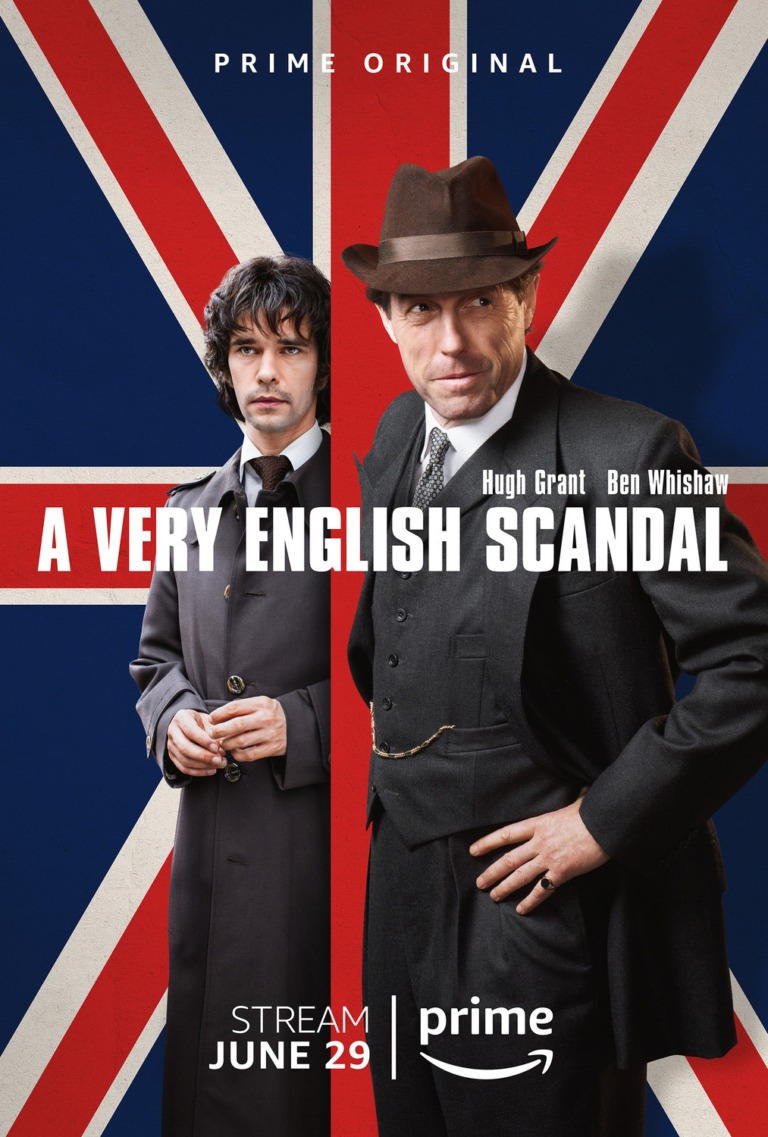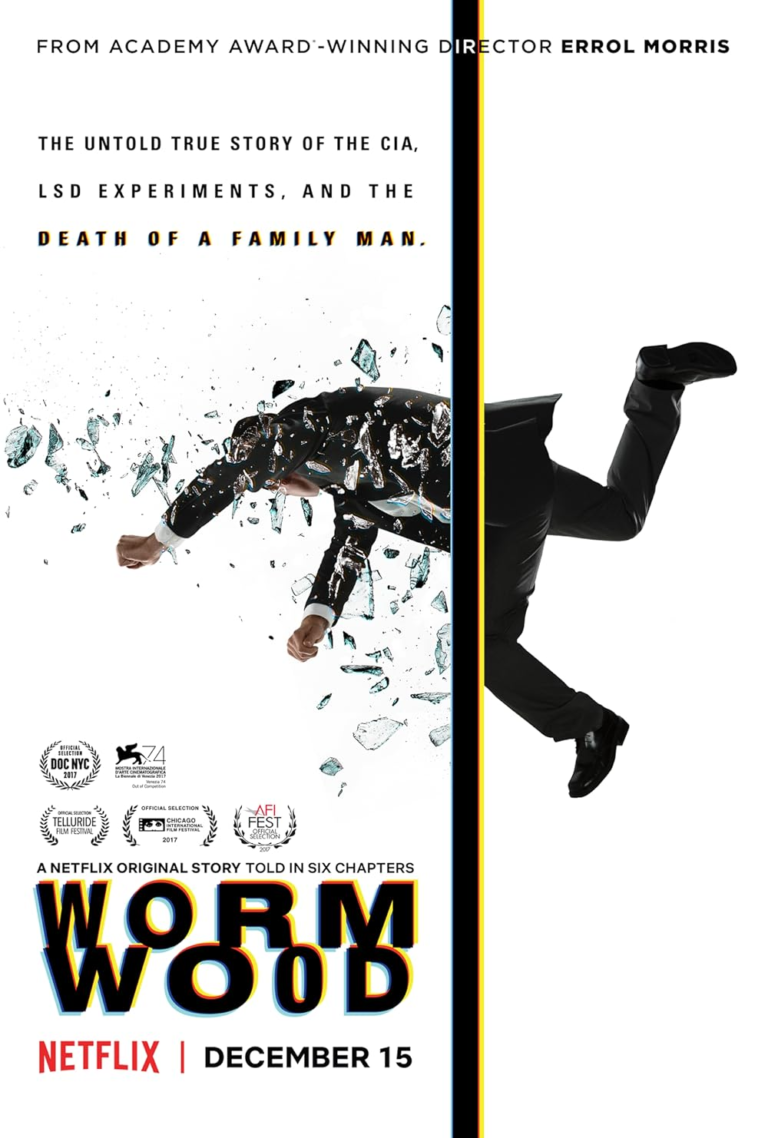Clipped Christian Review

Few sports dramas have been linked as viscerally as the scandal involving Donald Sterling, former owner of the Los Angeles Clippers. His fall from grace amid accusations of being a racist shook not only the NBA but reverberated across society. The series “Clipped” takes a deep dive into this whirlwind period, offering a provocative and nuanced exploration of power, race, and redemption.
In the Shadow of Scandal
“Clipped” picks up where the legendary coach Doc Rivers, played by Laurence Fishburne, comes aboard to turn the Clippers into a championship contender. But it’s soon overshadowed by the insidious and toxicity-spewing former owner Donald Sterling, portrayed by Ed O’Neill. The racism and manipulativeness of Sterling cast a dark shadow over the team, exposing the uncomfortable truths of systemic racism in professional sports.
It doesn’t shy away from the reproachable actions of Sterling, from discriminatory hiring practices at his companies to very public displays of racial insensitivity. O’Neill humanizes Sterling just enough to drive home that insidious nature of prejudice—very often masquerading behind affability and wealth. The audience is made to confront uncomfortable truths about the way power and privilege perpetuate injustice.
The Women in Sterling’s Orbit
At the center of it all are the women in Sterling’s life: his wife, Shelly, played by Jackie Weaver, and his assistant, V. Stiviano, portrayed by Cleopatra Coleman. Their relationships with Sterling give the story some depth. Shelly, played poignantly by a vulnerable Weaver, withstands her tempestuous marriage before finally finding the strength to stand up against the abuses of her husband. Meanwhile, Stiviano herself remains a cipher throughout, a mannequin who somehow managed to capture all this racism by Sterling.
Their stories are set against the backdrop of a patriarchy, very often bearing all the worst consequences of men’s actions. On their struggles, it is highly empathetic and highlights their resilience in the face of adversities. More importantly, it asks questions of complicity and courage and questions the viewer about their role in standing up for what is right.
Doc Rivers: The Beacon of Integrity
At the very core of “Clipped” lies a man of integrity: Doc Rivers, treading waters most dangerous. Fishburne thinly veils Rivers’ resilience to stand up for his players and not give an inch to Sterling’s bigotry. To coach as a Black man under a racist owner, Rivers comes to symbolize resilience and leadership, turning into a beacon of hope and defiance.
The series shows the inner conflict Rivers is caught in—balancing his love for the game with the moral duty of confrontation against Sterling’s prejudices. His struggle thus deeply resonates in contemporary times, when the issues of racial injustice have yet to stop haunting humanity. Rivers’ character thus reflects that role of moral courage in the face of adversity.

Affecting Lives Outside the Court
While “Clipped” goes beyond the sensationalism in Sterling’s downfall to examine its wider impacts on persons connected to the Clippers, players—limned with emotional depth by an ensemble cast—are forced into self-identification and roles within a system that commodities their talent but disdains their humanity.
Scenes of team meetings and locker room scenes drive home how Sterling’s racism has dramatically changed individual lives. These players who are basketball stars are actually navigating a tapestry of institutional discrimination and personal ambition.
A Critical Examination of Power and Privilege
Through “Clipped,” the storyline gives real emphasis to where power, privilege, and accountability converge. It challenges one to make peace with uncomfortable truths about systemic racism and how people and institutions lead to inequality.
Sterling displays a case of uncontested power over the Clippers, where larger social issues reflect in smaller situations. His fall becomes a lesson to be learned about misuses of power and the morally relevant question of leaders being held liable for actions.
Nuanced Performances and Thoughtful Storytelling
The power of “Clipped” is centrally located in nuanced performances and thoughtful storytelling. From the principled Doc Rivers through the torn Shelly Sterling and enigmatic V. Stiviano, every character contributes to the full tapestry of human experience and moral dilemmas.
No simplistic story is taken for its characterizations; rather, they all come flawed but loaded with virtue. Viewers are faced with putting themselves in their struggle and reflecting on the mess that ensues from moral decision-making in the wake of injustice.
Conclusion: Reflections from a Christian Lens
From a biblical worldview, there are real implications for justice, compassion, and righteousness in “Clipped.” In so doing, it challenges one to stand up to their attitudes in the face of race and privilege, looking for commitment to exposing systemic injustice anywhere it appears.
Though it fleshes out the darker characteristics of human behavior, it is a celebration of resilience, courage, and redemptive qualities that accountability brings. It reminds us of how real redemption is not only about personal change but requires a collective commitment to justice and equality.
Rating: 9/10
“Clipped” is a powerful and thought-provoking series that handles difficult themes sensitively and in depth. It is power performances and storytelling that resound to elevate it way above the run of sports dramas, placing it at par with any premier source for entertainment and serious social critique. For the portrayal of complex characters and timely issues, “Clipped” earns a full 9 out of 10 rating.






